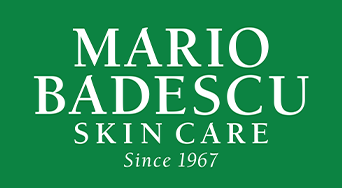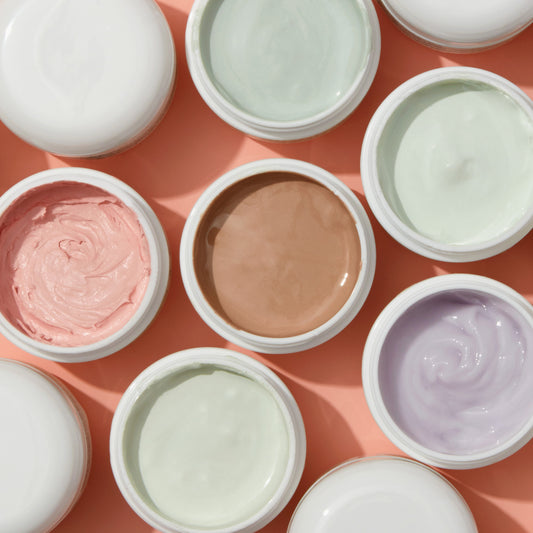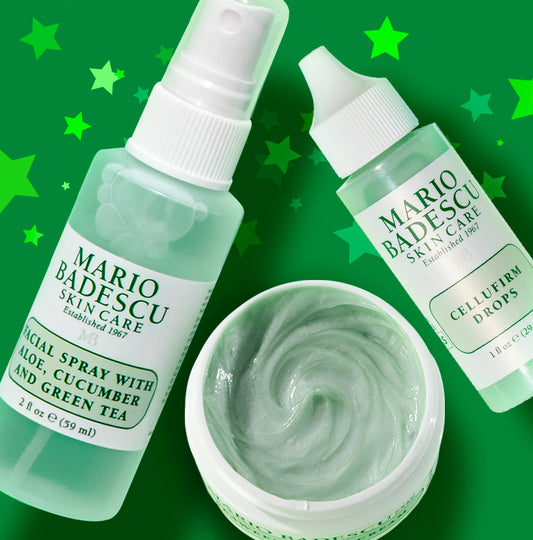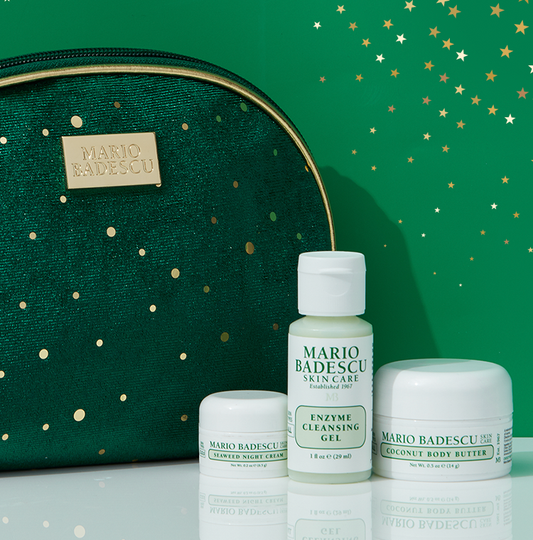When it comes to skincare, it’s all about how much you know. To make the very best choices when it comes to your daily regimen, there are some terms you should become familiar with (free radicals, anyone?). In honor of learning something new each day (and getting your skin facts straight), grab a cappuccino and a notebook and get ready for our vocabulary lesson!
Acne- A chronic skin condition that affects nearly half a billion people annually in the United States alone. This inflammatory disorder of the sebaceous glands is marked by blemishes and comedones (blackheads and whiteheads).
Actinic- Refers to conditions or damage brought on by exposure to the sun.
Aloe Vera– This is a readily used botanical ingredient that offers soothing properties to the skin. This gentle emollient helps to soften, hydrate, heal, and reduce inflammation in sensitive skin and skin that has been damaged by the sun.
Amino Acids– Organic acids that naturally occur in the skin and form the building blocks of proteins.
Bacteria– Also called microbes, these are one-celled microorganisms with both plant and animal characteristics. The bacteria most commonly associated with acne is called acne vulgaris.
Body Scrubs– Made of small particles designed to be abraded gently on the skin of the body using friction. Designed to help exfoliate, increase circulation, and nourish the skin.
B Vitamins– Eight water-soluble vitamins that help with cell metabolism and enzymatic reactions by acting as coenzymes (catalysts). They include thiamine, riboflavin, niacin, pantothenic acid, pyridoxine, biotin, folic acid, and cyanocobalamin.
Capillaries– Blood vessels consisting of thin walls that form a network to connect smaller arteries to the veins.
Carbomers– A thickening agent used in creams and gels.
Ceramides– These lipid, or fat, materials make up the intercellular cement and hold the skin’s cells together so they appear firm and smooth. Dry skin, fine lines, and wrinkles are often characterized when there is a drop in the level of ceramides.
Clay Masks– Helpful for clarifying the complexion. Especially beneficial for oily skin, as they draw out impurities, absorb oil, and help to tighten the skin.
Dehydration– Resulting in tightness and dryness, dehydration occurs when the skin is lacking moisture in the Stratum Corneum. Even oily skin can be dehydrated, since this has nothing to do with oil production.
Dermis– The second layer of the skin; it’s made up of live connective tissue.
Emollients– Great for hydration, these are often added to moisturizing products to help with water loss.
Free Radicals– These are unstable oxidizers that can cause inflammation in the body. To help neutralize free radicals, it’s important to incorporate antioxidants, like vitamin C, into your skincare regimen.
*Information regarding these definitions and all skin facts were obtained using the Milady’s Standard Esthetics Fundamentals 10th Edition Textbook.
…




